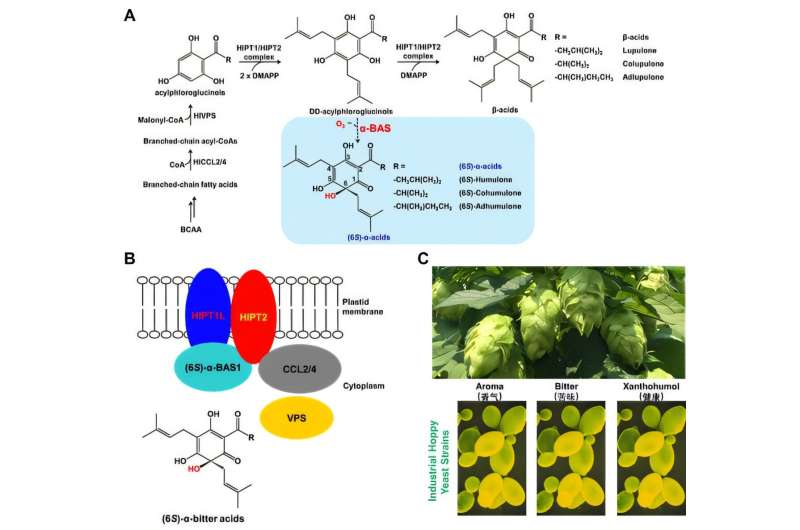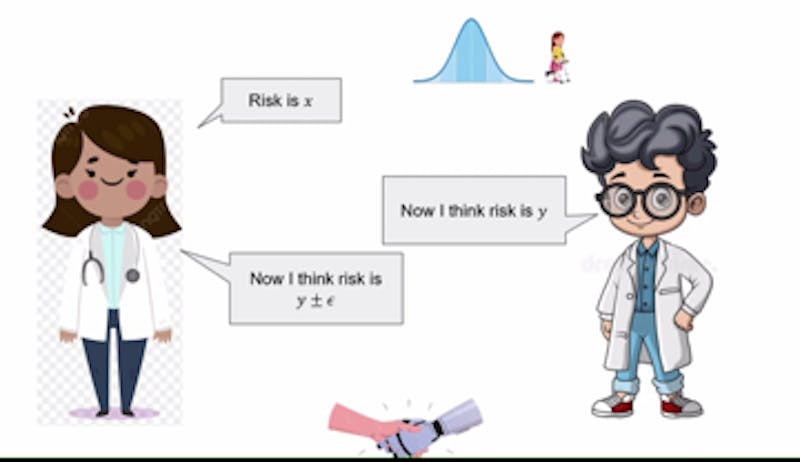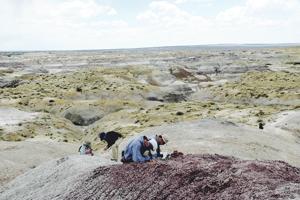An international research team, led by marine biologist Prof. Dr. Maren Ziegler from Justus Liebig University Giessen, has pioneered a groundbreaking method for reconstructing the historical relationship between corals and their symbiotic algae. This innovative approach involves drilling into coral skeletons, revealing critical insights into how environmental conditions have influenced microalgae and coral communities over time. The findings were published in the prestigious journal Global Change Biology.
The research focuses on the symbiotic relationship between corals and single-celled algae, which are essential for the survival of coral reefs. As climate change continues to pose a threat to marine ecosystems, understanding these dynamics becomes increasingly important. The study provides evidence of significant changes in the composition and behavior of microalgae species linked to coral reefs, highlighting how shifts in environmental factors impact these vital marine structures.
Methodology and Findings
The team employed a unique drilling technique to extract samples from the skeletons of corals, allowing for detailed analysis of past environmental conditions. By examining the growth rings of coral, akin to tree rings, researchers were able to identify variations in microalgal populations corresponding to historical climate data. This method not only aids in understanding the current state of coral reefs but also offers a window into their ecological history.
The analysis revealed that specific environmental conditions, such as temperature and nutrient availability, have a profound effect on the symbiotic relationship between corals and microalgae. Changes in these conditions have led to shifts in microalgae species that thrive in association with corals, influencing their health and resilience. The study underscores the delicate balance required for maintaining healthy coral ecosystems.
Implications for Conservation Efforts
Understanding the historical interactions between corals and algae is crucial for effective conservation strategies. The insights gained from this research can inform efforts to protect coral reefs, which are among the most biodiverse ecosystems on the planet. As coral reefs face increasing pressures from human activity and climate change, this research highlights the need for adaptive management strategies that consider historical data in predicting future changes.
The findings from Prof. Dr. Ziegler and her team contribute to a growing body of knowledge aimed at preserving coral ecosystems. With coral bleaching events on the rise, the ability to comprehend how microalgae respond to environmental fluctuations is vital for developing interventions that can support coral recovery and sustainability.
As the global community continues to grapple with the impacts of climate change, research like this offers a beacon of hope. By unraveling the past relationships within marine ecosystems, scientists can better prepare for the challenges that lie ahead, ensuring that coral reefs remain resilient in an ever-changing environment.







